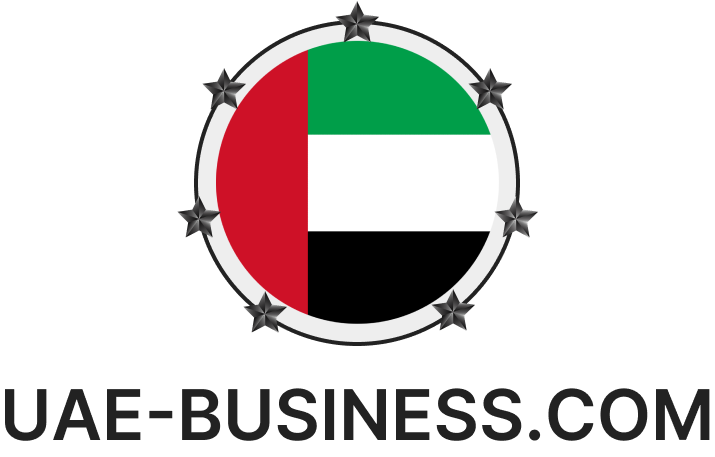Role of Entrepreneurial Leadership on Organizational Performance
The rising complexity of the corporate world – where rapid shifts in technology, competition, and customer expectations are the norm – has driven organisations to abandon traditional techniques and find new ones that focus on company stability even during turbulent times.
All heads are turned to entrepreneurial leadership as it seems like the missing piece of the puzzle. It encourages leaders and team members to respond positively to changes, productivity, adaptability ensuring long-term survival, which is the need of the hour.
What is “entrepreneurial leadership”?
Entrepreneurial leadership is a concept that integrates the concepts of entrepreneurship, entrepreneurial attitude, and entrepreneurial management with leadership.
It encourages taking a strategic approach to entrepreneurship for entrepreneurial activities to promote the development of enhanced competencies for perpetually producing and appropriating value in the organisation.
Entrepreneurial leadership is a powerful and essential form of leadership. It provides a foundation for competitive advantage and technical advancement for all enterprises, aiming for leadership and excellence in the new global economy.
Given the unprecedented domain that lies ahead for businesses today, entrepreneurial leadership not only seems practical but is much needed.
What makes an entrepreneurial leader?
In the highly dynamic and competitive corporate world we live in today, required leaders play a vital role in the survival, success and expansion of business by fuelling the innovation process. These entrepreneurial leaders, while generating ideas, encourage employees to solve and complete challenging tasks using creative methods.
Entrepreneurial Leaders exhibit distinct attributes to analyse, visualise, maintain flexibility, think strategically, and perform with their team to initiate changes. They also develop diligence and perseverance in their employees to motivate their co-workers to generate creative ideas, which becomes instrumental in creating a viable future for the organisation.
It is required that the leader creates an atmosphere that encourages employees to participate in creative activities, develop new ideas to stoke the innovation process. The characteristics of an entrepreneurial leader influence the leadership styles within the company, which in turn impacts the company’s innovation process.
Entrepreneurial leaders enable and encourage their team members to look and explore beyond traditional methods. They encourage out-of-the-box thinking, encouraging the adoption of innovative and enterprising actions.
They encourage employees to relook at their skills by involving them in creating fresh and innovative ideas. They further embolden the employees to put the ideas to action, strengthening their confidence in their ability. In short, entrepreneurial leaders empower their employees to generate unique ideas that enable the company to stand out.
They are focused on strengthening others around them, establishing a feeling of urgency and a worthwhile mission within the organisation. By enhancing people abilities, fostering teamwork and encouraging collaboration, they boost employee confidence.
Most importantly, the authority of entrepreneurial leaders is derived from their knowledge and principles, not from the position they are assigned. A fancy job title does not imply that someone is a leader. Instead, such people earn respect by walking the talk, empowering their colleagues, and fostering leaders at all levels to guarantee that their teammates have the capabilities and confidence to steer the company towards success, even in the absence of a guiding light.
The link between Entrepreneurial Leadership and the Creative Environment in a company
An innovative environment is one where the shared perspectives of employees related to the activities, processes, and behaviours that support the development, introduction, and realisation of new ideas are cultivated and encouraged.
The leaders of an organisation play a pivotal role in moulding and developing the environment that leads to desired behaviours and activities. Their functional competencies enable them to empower and actively stimulate their staff to engage creatively, making them more responsive to the innovative environment created by their leaders.
Entrepreneurial leaders instil confidence in their followers by allowing them the freedom to propose new and innovative company ideas.
The link between the Creative Environment and the Work Behaviour of an organisation:
The work environment and the creative behaviour of an individual are inextricably linked.
Most employees develop or manage their behavioural patterns by emulating their immediate superiors and co-workers and adhering to the behavioural standards demonstrated by them. Only when the creative environment in a company becomes a part of the company DNA is when it becomes a guiding principle for innovative work guiding and driving more innovative behaviour.
In conclusion, leaders who understand the innovative environment are more empowered, and they use their cognitive capacity to prosper in a dynamic and demanding corporate climate, demonstrating creative conduct.
All in all, by recognising the correlation between entrepreneurial leadership and organisational efficiency, business leaders must adopt a more entrepreneurial style of leadership to optimise the productivity of their workplace. The behavioural attribute of leadership in a company is an internal resource that would be considered a competitive asset to stay relevant in today’s dynamic corporate climate.
And how can success be guaranteed for entrepreneurial leaders?
To achieve success, every entrepreneurial leader must prioritise creating a positive work environment, manage the process of recognising and realising potential, and get proactively involved in the development of fresh concepts along with their teammates.
Over the last few months, events witnessed globally were one that none had envisaged, and it’s evident that a new breed of leaders is needed. Leaders who are imaginative, energetic, and can deliver pivot to adopt new ideas and maintain a stable sense of direction in the face of turbulence.
Last but not the least, all leaders must understand that not every project will prosper. Coping constructively with failure is just as vital as celebrating success, especially in identifying the cause for failure and ensuring that learnings from mistakes are garnered.

Ratish Pandey
Business Coach, Ethique Advisory
